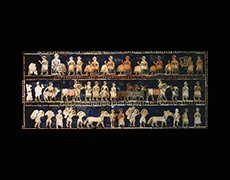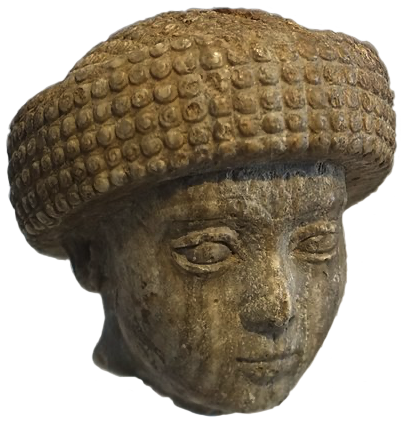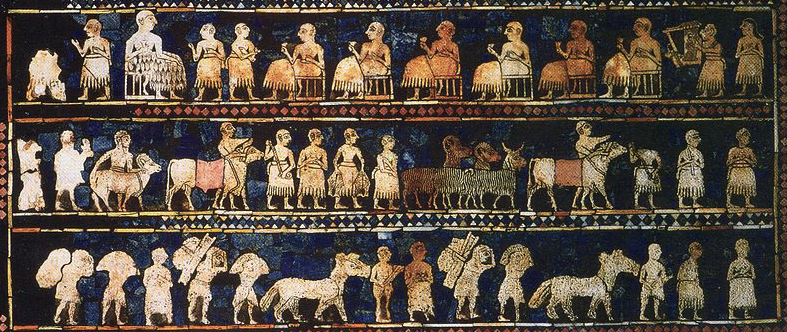
Sumerian religion and politics were closely intertwined in ancient Mesopotamian society. The Sumerians believed in a pantheon of gods who ruled over various aspects of the natural world and human life, and the king was seen as a representative of the gods on earth.
The king’s role as a religious leader was central to his authority and power. He was responsible for maintaining the religious and moral order of society, and was seen as the intermediary between the gods and the people. This gave the king a great deal of influence over the religious practices and beliefs of the people, as well as their everyday lives.

One of the main responsibilities of the Sumerian king was to perform religious rituals and offerings to the gods. This was seen as crucial for maintaining the stability and prosperity of the kingdom, as the gods were believed to be fickle and could withdraw their support if they were not properly propitiated.
The king also had the authority to interpret the will of the gods and make decisions based on divine revelations.

In addition to his religious duties, the Sumerian king was a political and military leader. He was responsible for maintaining law and order, administering justice, and leading the army in times of war.
The king’s authority was further reinforced by his control over the bureaucracy and the distribution of resources.
Despite the central role of the king in Sumerian religion and politics, there was also a strong tradition of religious and political independence among the city-states that made up the Sumerian civilization.
Each city-state had its own religious traditions and practices, and the kings of different cities often competed with each other for religious and political influence.

